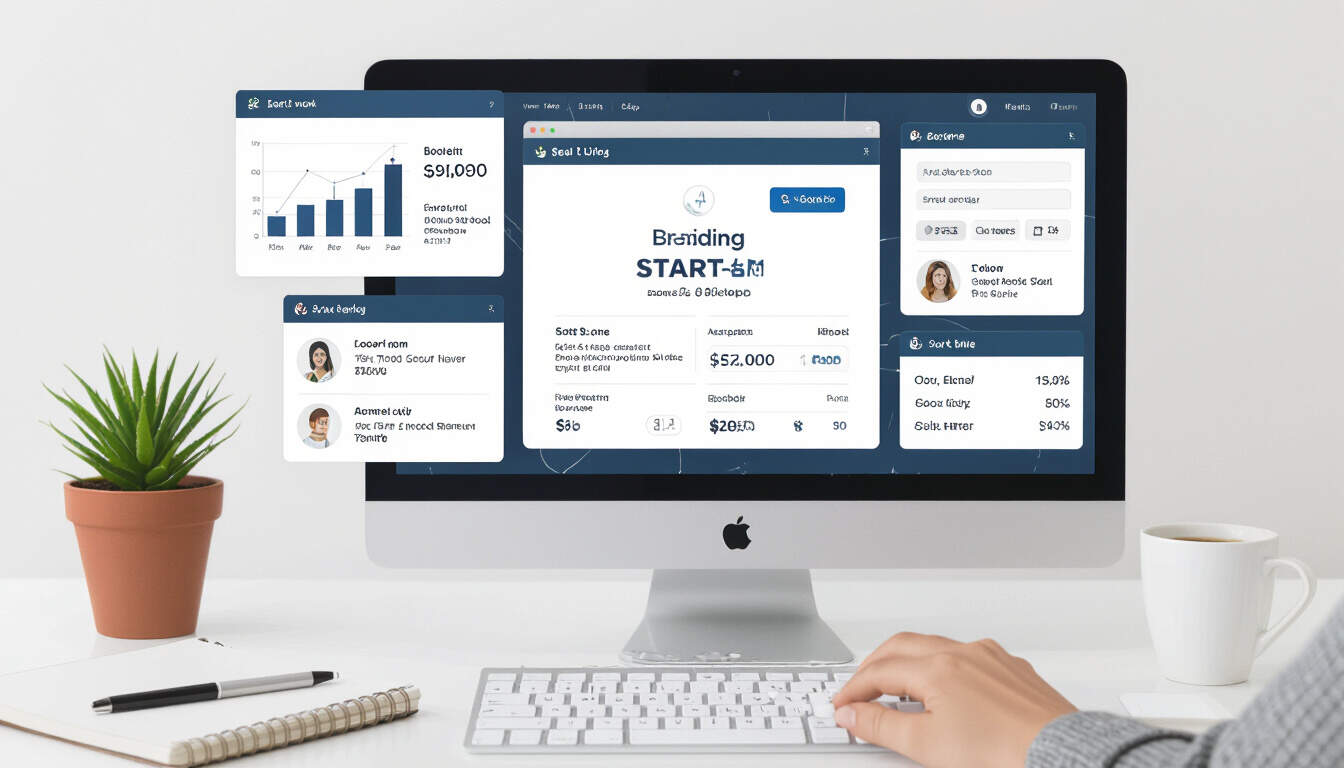Transitioning from Freelance App Development to Launching a Startup
 by Lilian Nienow
by Lilian Nienow
Discover the path from independent freelance app development to building a thriving startup. Learn practical steps for growth, overcoming challenges, and achieving business independence through strategic planning and innovation.

Many freelancers in app development start with individual projects, delivering custom solutions for clients. This work offers flexibility and skill-building opportunities. Over time, the idea of creating a startup can emerge as a way to scale efforts and gain more control.
Freelancers often handle app creation from concept to launch. The skills gained here form a strong foundation for entrepreneurial ventures. For instance, expertise in coding and user interface design becomes essential when expanding to a full business.
One key advantage is the potential for financial growth. As a freelancer, income depends on project availability. Moving to a app development startup allows for product-based revenue, such as through app sales or subscriptions. This shift can lead to steadier earnings and broader market reach.
To begin the transition, focus on building a solid portfolio. Showcase past freelance work to attract potential investors or partners. A well-organized portfolio demonstrates reliability and creativity in app projects.
Next, consider forming a team. While freelancing involves solo efforts, a startup requires collaboration. Look for individuals with complementary skills, like marketing or business management, to handle aspects beyond technical development.
Funding is another critical step. Startups in app development often need initial capital for tools and marketing. Explore options such as small business loans or crowdfunding platforms. This financial support helps turn ideas into viable products.
Developing the first app as a startup milestone involves planning and execution. Start with market research to identify user needs. Then, use agile methods to build prototypes and iterate based on feedback.
Challenges may arise during this process. For example, managing time between freelance commitments and startup tasks can be difficult. Prioritize by setting clear goals and deadlines to maintain progress.
Another obstacle is competition in the app market. To stand out, emphasize unique features in your apps. Innovation in user experience can differentiate your startup from established players.
Legal considerations are important too. Ensure proper registration and intellectual property protection for your apps. This step safeguards your work and builds credibility.
Motivational stories from successful transitions can inspire action. A developer who started with freelance gigs built a team and launched a popular mobile app, leading to rapid business expansion. Such examples show that with persistence, freelancers can achieve startup success.
In practice, networking plays a vital role. Attend industry events or join online communities to connect with mentors and peers. These connections can provide advice and opportunities for collaboration.
Tools and resources are readily available to support this journey. Software for project management and app testing can streamline operations. Learning platforms offer courses on business basics, helping freelancers bridge knowledge gaps.
As the startup grows, focus on scaling. This might involve hiring more staff or expanding product lines. Track metrics like user engagement to guide decisions and ensure sustainable growth.
Ultimately, the move from freelancing to a startup in app development offers a path to greater independence. By taking deliberate steps and learning from experiences, aspiring entrepreneurs can turn their skills into a thriving business.
Benefits of the Transition
- Increased earning potential through scalable products
- Greater control over projects and decisions
- Opportunity for creative innovation in app design
- Building a brand that reflects personal values
Practical Steps to Get Started
- Assess your current skills and identify gaps
- Create a business plan outlining goals and strategies
- Secure necessary funding sources
- Develop a minimum viable product for your app
- Market your startup through social media and other channels
By following these approaches, freelancers can navigate their way to startup success in app development.
